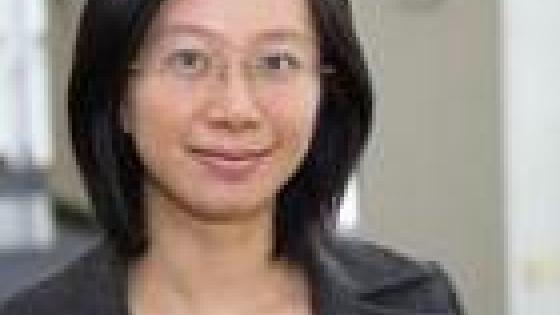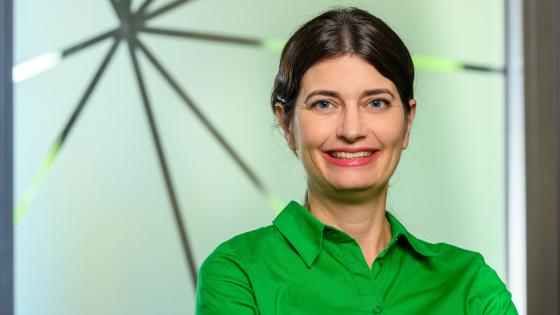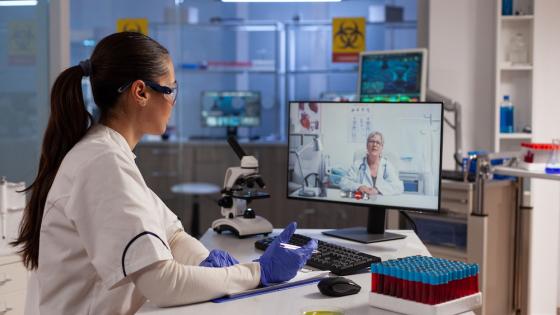“Every scientist knows that science advances only if knowledge is shared,” (Warnick and Wojick 2009). Science is a cumulative process, so its progress and benefits to society hinge critically on multiple scientists testing and building on each others’ work. However, the contribution to the “scientific commons” (Merton 1973) is challenged by individual scientists’ self-interest. While a scientist who shares her results during the research process provides the stepping stones for discovery by others, they may not acknowledge her contribution. Indeed, misappropriation of scientific research and increased reluctance to share information and materials is considered a major problem in science (Cohen and Walsh 2008, Couzin-Frankel and Grom 2009).
In recent work, we argue that the willingness of scientists to share is highly context specific (Haeussler, Jiang, Thursby, and Thursby 2009). We examine the factors that influence sharing in two common situations: one-on-one situations, in which one scientist is asked by another to share specific data or materials, and public sharing, such as conference participation where researchers present work that is neither published nor patented at the time of presentation. We provide game theoretic models of both situations and support our argument with evidence from a survey of 1173 bio-scientists employed in public research organisations in either Germany or the UK.
In both cases, we consider the sharing behaviour of scientists working to solve a common problem, which when solved yields a reward. For some scientists the reward could be scientific acclaim or a prize, such as the Nobel or Fields Medal, but it could also be a financial return, such as income from commercial application of the scientist solution.
Sharing information with specific individuals
Consider the behaviour of two scientists deciding whether to share materials (such as a cell line) or data with each other. If one scientist shares her materials, she increases the likelihood that the other scientist will solve the problem before she does. On the other hand, sharing has the potential benefit that the other scientist may share his materials in the future. This has clear elements of the well-known prisoners’ dilemma; both scientists would be better off if they shared, but neither does so unless the situation is expected to arise again and often. When the prospect of sharing occurs repeatedly, the scientists weigh the current gain from refusing to share against the expected loss from the lack of access to materials or data in the future. This logic suggests that scientists with shorter time horizons will be less likely to share; it also suggests that the more competitive the environment (that is, the higher the value of the prize being sought), the less likely they are to share.
The bio-scientists in our sample support our logic. Untenured scientists in the sample are less likely to share than tenured colleagues, and all scientists are less likely to share the higher the value of the reward for solving the problem. We also find that scientists in large labs are more likely to share their results, which we argue is related to the higher productivity of large labs.
General sharing of information
Now consider the problem of a scientist deciding whether to present her results to the entire community of scientists. In this situation, the benefit of presentation is credit for the part of the problem she has solved as well as potential feedback. However, there is an expected cost because members of the community may have solved complementary parts of the problem so that presentation increases the likelihood that the presenter will facilitate solution by another scientist. In addition, scientists who are present are not guaranteed that their contribution will be acknowledged.
We argue that in this situation, whether or not a scientist presents results at a seminar or circulates them in a working paper depends on the scientist’s beliefs as to whether others will verify work that is not acknowledged. The likelihood of verification increases with an increase in either the number of individuals working on the problem or the belief that a randomly selected scientist will verify the role of the presenting scientist's work in the solution. Clearly, penalties for those found misappropriating results makes presentation more likely because, in fact, misappropriation is less likely with penalties. Both of these results support the policies of selected journals, such as Nature, which support verification and encourage readers "who encounter a persistent refusal by the authors to comply with these policies […] to contact the chief editor" (Nature 2009).
We also argue that whether or not scientists share generally is a function of how many scientists are working on the problem and the likelihood that those to whom they present have results complementary to theirs. Scientists with complementary results might give valuable feedback, but they also are more likely to use the results and win the reward themselves. The more scientists there are working on the problem, the higher the likelihood of valuable feedback but also the higher the likelihood of aiding someone else in winning the reward. Thus, as in our model of specific sharing, the higher is the reward for solving the problem, the less willing are scientists to share information through conferences and working papers.
Competition, research funding, and information sharing
Our models emphasise very different aspects of sharing – with the sole exception of the competitive environment. This is important because it means that the important policy question is not “whether open science” is practiced, but rather is “how open science can be supported in different environments.” We find that in both models the competitive environments reduce the practice of open science. Note that competition increases with value of the returns, or prize, for scientific solutions. This means that introducing valuable prizes may induce scientists to increase their research efforts, but it also is likely to stifle their willingness to openly share – one-on-one or with everyone. It also supports recommendations such as that of Rennie et al. (1997) that papers should acknowledge the work that is done by all contributors, where a contributor is a person who "has added usefully to the work", because such acknowledgement would, to some extent, mitigate competition.
It is also important to realise that both the commercial and intellectual value of prizes may stifle the practice of open science. While concerns over open science have escalated as scientists recognise the commercial potential of their work, the dampening effect of competition on sharing need not depend on commercial value. Prizes that enhance scientific reputation also dampen the incentive to share. Indeed, for the bio-scientists in our sample, intellectual prizes, rather than patents or engagement with industry through consulting (which we would expect to be related to commercial potential), reduce the likelihood of one-to-one sharing. In contrast, patents and consulting both decrease the likelihood of general sharing by the bio-scientists in our sample. Similarly, scientists who consider their research to be applied are less likely to generally share.
Conclusion
These results suggest that increased government research funding is likely to promote information sharing. However, our analysis shows that this is only true to the extent that increased research funding relaxes competition. Increased funding makes it more likely that individual scientists working on a problem will receive funding, but it is also likely to draw more scientists to work on the problem.
References
Cohen, Wesley and John Walsh (2008), “Real Impediments to Academic Research”. Innovation Policy and the Economy 8, 1-30.
Couzin-Frankel, Jennifer and Jackie Grom (2009), "Plagiarism Sleuths." Science, 324: 1004-1007.
Haeussler, Carolin, Lin Jiang, Jerry Thursby, and Marie Thursby (2009), “Specific and General Information Sharing”. NBER Working Paper 15315.
Merton, Robert K. (1973), The Sociology of Science: Theoretical and Empirical Investigations. Chicago: University of Chicago Press.
Nature (2009). “Guide to Publication Policies of the Nature Journals.”
Rennie, Drummond, Veronica Yank, and Linda Emanuel (1997), “When Authorship Fails: A Proposal to Make Contributors Accountable.” Journal of the American Medical Association, 278: 579-580.
Warnick, Walt and David Wojick (2009), “The Knowledge Investment Curve.” URL: http://www.earlham.edu/~peters/fos/2009/08/finding-right-proportion-of-resources.html [accessed Nov 9, 2009]






